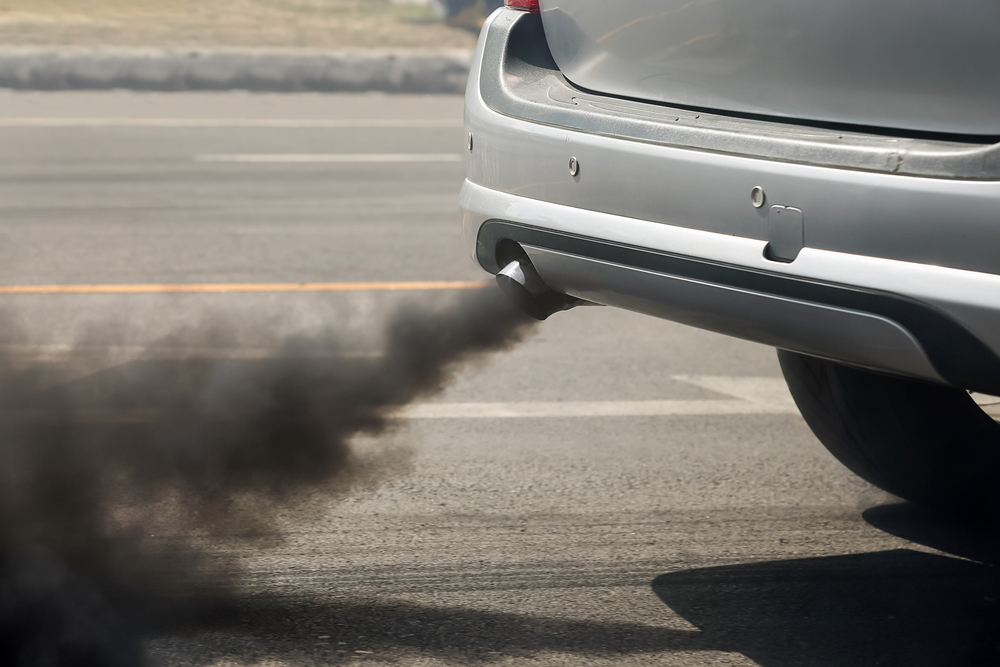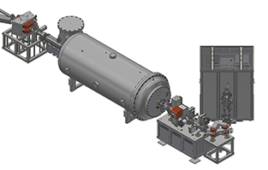
Researchers have found a new additive for conventional fuel that may lead to a cleaner combustion.
A team from the King Abdullah University of Science & Technology (KAUST) have found an additive— comprised of oxygenated organic compounds— that could help decrease the amount of pollutants released into the atmosphere during the combustion of fossil fuels.
Diethyl carbonate (DEC)—which comprises 40.6 percent of oxygen by mass—is expected to facilitate the clean combustion of diesel fuels. It also has a high boiling point and can reduce the volatility of blended fuels, which is desirable in warm weather to minimize vapor buildup that blocks fuel lines.
To better understand its thermal decomposition, the researchers evaluated the effects of pressure and temperature on the decomposition of DEC. They assessed the decomposition kinetics of DEC by monitoring the evolution of ethylene, one of the reaction products, in real time using a tunable CO₂ gas laser.
“We carefully selected the laser wavelength to minimize interferences from other reaction intermediates,” Ph.D. student, Muhammad AlAbbad, who performed these experiments at the University’s low-pressure shock-tube facility, said in a statement.
The researchers provided a detailed and reliable kinetic picture for the decomposition and its products by combining experiments with theoretical calculations.
The additional oxygen atom destabilized the carbonate by significantly lowering the reaction energy barrier to increase reactivity.
The team learned that the carboxylate functional group had a small effect on the decomposition of organic esters called ethyl propionate and ethyl levulinate.
“This motivated us to find out whether the same phenomenon would happen for DEC, which bears one more oxygen atom in its carbon skeleton than esters,” Binod Raj Giri, co-author of the study, said in a statement.
The researchers are now investigating decomposition pathways for glycerol carbonate—which has a higher oxygen content than DEC.




